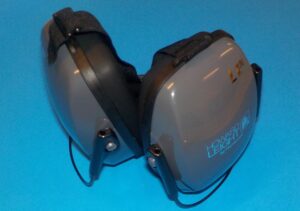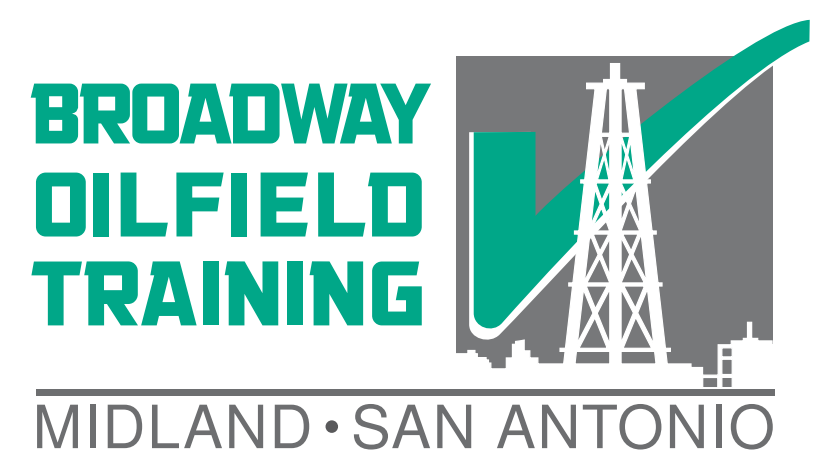Midland Hearing Conservation Training
Cost: $40
Duration: 1 Hour
This one hour Hearing Loss and Protection course includes training on the consequences of overexposure to noise as well as protections.
Schedule Hearing Loss and Protection training in Midland from the course calendar below or by calling (432) 203-8332 or email the office.
Take the class online by going to www.oilfield.training/p/noise-exposure-hearing-conservation

Click on a service below for the online calendar and registration form.
Industrial hearing loss:
Workers in the oil and gas industry may be around loud noise as an unavoidable aspect of their roles in the industry. Over time, the structures of the ear may get damaged by prolonged exposure to high levels of continuous noise in the absence of sufficient ear protection, which can result in a diminished capacity to hear in a normal manner. Hearing loss from industrial exposure may occur in workers if they are subjected to loud noises in the workplace that are both excessive and protracted.
The noise levels produced by common hand-held power tools such as grinders, hammers, and hand tools often exceed the threshold at which they might cause permanent hearing loss. In addition to these more evident reasons, hearing loss might also have less obvious causes. For instance, acoustic trauma is becoming more common among employees working in contact centers. This is caused by consumers yelling over the phone or feedback in the headsets, both of which may result in abrupt exposure to high levels of noise, which can cause harm to the hearing.
Safety tips for preventing hearing loss:
- The noise level is probably dangerous if you have to increase your pitch to have a conversation with someone who is standing a safe distance away from you.
- You can also monitor the loudness by using an app on your phone that serves as a sound level meter.
- Make sure the noise levels in your workplace are below 85 dBA by requesting that your safety officer or line manager assess the noise levels in your workplace.
- Remove yourself temporarily from the chaotic activities.
- Take measures to lower the volume of the noise at its origin. Make use of more quiet equipment and ensure that it is properly maintained, oiled, and cleaned.
- Put more space between yourself and the place where the noise is coming from.
- Spend less time in places with a lot of background noise.
- When you are in a loud environment, you should always wear hearing protection, and if you are using foam plugs, you should be sure to enter them properly.
Prevention from hearing loss:
Ear protection should be used if there is consistent exposure to noises of 80 decibels or more, or whenever there is a possibility that the sounds may peak at 135 decibels. Companies have put in place a set of policies and procedures to assist safeguard their workers’ hearing in the workplace. These include providing workers with information on the risks associated with working in a workplace with excessive noise levels, providing them with adequate ear protection, and enforcing the right use of ear protection.
